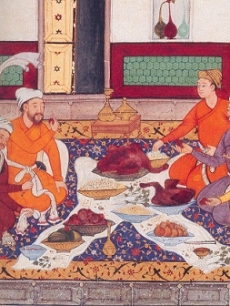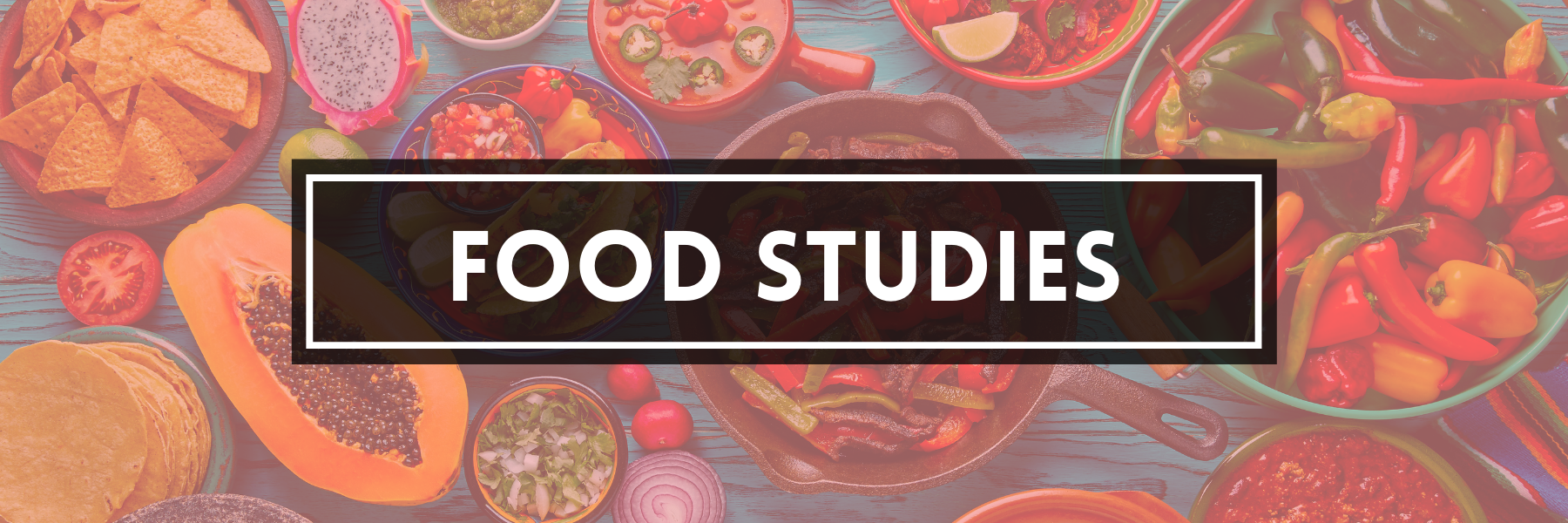
Food Studies is an interdisciplinary field dedicated to understanding where our food comes from and how it shapes our bodies and identities. The production and consumption of food has gone through tremendous changes in the past few hundred years. Before industrialization, most food was grown in the place where it was eaten. With the rise of global commodity agriculture, it is often hard to find out exactly what our food is and where it comes from. Then, famine was a constant spectre, whereas today, over-eating has become a significant health problem. To understand the place of food in society, students in this program will draw on a number of disciplinary methodologies, including anthropology, ecology, gender studies, geography, history, nutrition, and sociology. Particular attention will be given to the material nature of food, the way it tastes and smells, and the changes it undergoes through natural decomposition and through the human intervention of preservation and cooking. Courses will span all of human history, from our foraging ancestors to the contemporary industrial food system, and around the world, examining diverse cultural traditions of farming, cooking, and eating. Students will learn the importance of food in religion, society, the family, gender roles, the environment, urbanization, immigration, colonialism, and race and ethnicity. The program will also leverage the university’s urban location to use Scarborough as a classroom to understand the rich traditions and special challenges involved in feeding diasporic communities. The study of food provides both theoretical understanding and practical knowledge for professional careers in health care, business, government service, non-governmental organizations, and educational and community programs.
Food Studies courses draw on a variety of disciplinary approaches emphasizing different knowledge and skills. FSTB01H3 Introduction to Food Studies, provides the foundations for study of food with the principles and methods of nutrition, agro-ecology, ethnography, and textual analysis. Other B-level courses offer discipline-specific approaches to food in Anthropology, Ecology, History, and Politics. In C-level courses, students have the opportunity to pursue additional disciplinary approaches while also focusing on more specific thematic topics. D-level courses are conducted as seminars, where students make close and thorough studies of particular questions and present their findings in discussions, essays, and digital projects. Food studies courses emphasize experiential learning, and many are taught in the Culinaria Kitchen Laboratory and community-engaged learning, where students have the opportunity to taste and cook foods from around the world and throughout history.
For more information about the program and a full list of courses, please click here.
Programs
- Minor Program in Food Studies
Faculty
- D. Bender, Professor
- M. Ekers, Assistant Professor (Department of Human Geography)
- R. Fulthorpe, Professor (Department of Physical and Environmental Sciences)
- Donna Gabaccia, Professor
- R. Halpern, Professor
- F. Iacovetta, Professor
- M. Isaac, Associate Professor (Department of Physical and Environmental Sciences)
- R. Isakson, Assistant Professor (Centre for Critical Development Studies)
- H. Kronzucker, Professor (Department of Biological Sciences)
- K. MacDonald, Associate Professor (Department of Human Geography)
- L. Mortensen, Assistant Professor (Department of Anthropology)
- J. Pilcher, Professor
- J. Sharma, Associate Professor
